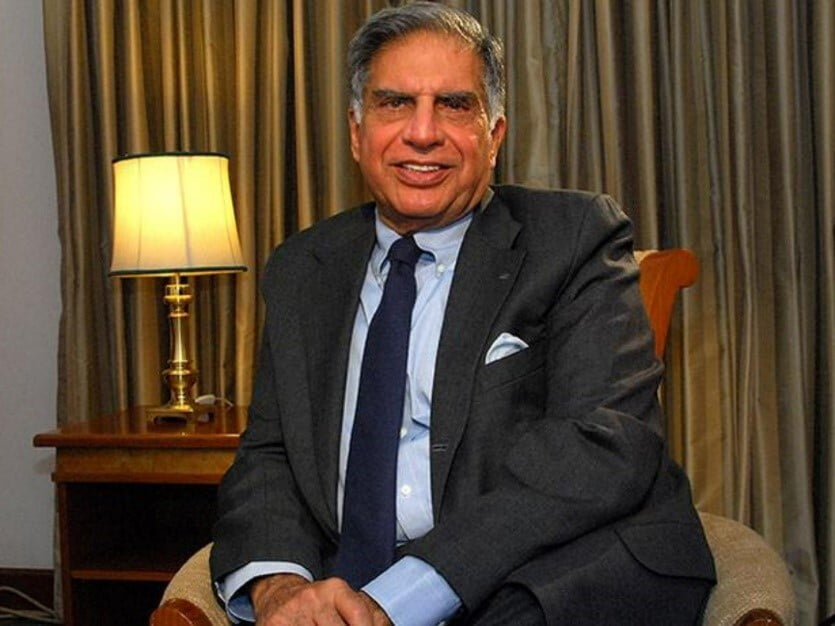
Ratan Tata, an influential Indian businessman, is renowned for his leadership of the Tata Group from 1991 to 2012. Despite his initial reluctance to join the corporate world, he emerged as a transformative figure in Indian industry.
Early Life and Education
Ratan Naval Tata was born on December 28, 1937, in Bombay (now Mumbai). Raised by his grandmother, Navajbai Tata, after his parents' divorce, he dreamed of becoming an architect. He graduated with honors from Cornell University's College of Architecture, Art, and Planning. Despite enjoying a promising start in Los Angeles, he returned to India to contribute to his family's business.
Leadership and Achievements
Ratan Tata took over as Chairman of the Tata Group in 1991, becoming the fourth person to hold this position. Under his leadership, Tata Group expanded significantly, acquiring several international companies:
Tetley Tea (2000) for $431.3 million
Daewoo Commercial Vehicles (2004)
Corus Group (2007), marking the biggest corporate takeover by an Indian company
Jaguar and Land Rover (2008) from Ford Motor Company
He also launched the Tata Nano, the world's cheapest car, reinforcing his commitment to affordable innovation.
Personal Life and Values
Despite his business success, Ratan Tata led a modest lifestyle. He preferred a simple apartment and a compact car without a chauffeur. He admired JRD Tata, from whom he inherited his management principles. His love for cars is evident in his collection, which includes luxury models like the Jaguar XF-R, Jaguar F-Type, Cadillac XLR, and Land Rover.
Contributions to Society
Ratan Tata's efforts extend beyond business. He emphasized improving the lives of Indians and made significant contributions through Tata Trusts. These trusts focus on education, healthcare, nutrition, rural livelihoods, and natural resource management. Notably, he has supported numerous water conservation projects in drought-hit areas.
Legacy and Recognition
Ratan Tata's legacy includes a commitment to philanthropy, innovation, and ethical business practices. He has provided scholarships to Indian students, both in India and abroad. Additionally, as a trained pilot, he became the first Indian to fly the F-16 Falcon in 2007.
Conclusion
Ratan Tata is an inspirational figure who overcame his shyness and initial lack of interest in corporate management to lead one of India's largest conglomerates. His dedication to improving the lives of Indians, combined with his simple lifestyle and philanthropic efforts, makes him a pioneer worthy of admiration. His journey from a reluctant businessman to an iconic leader highlights the power of hard work and determination.
